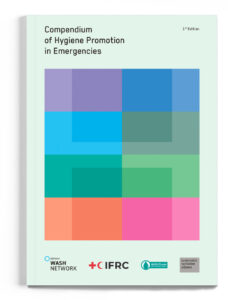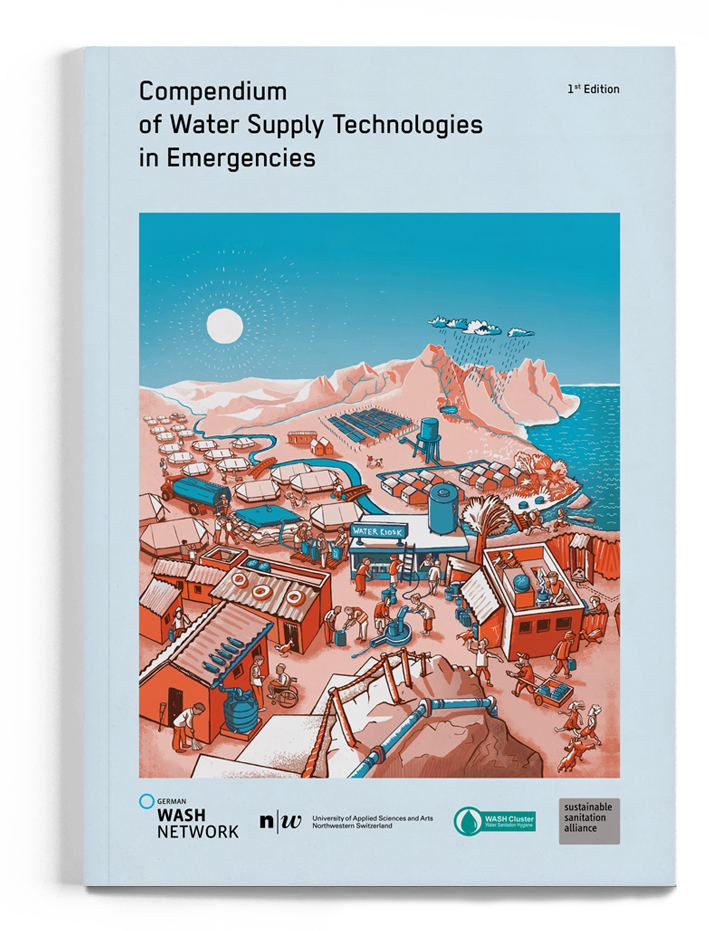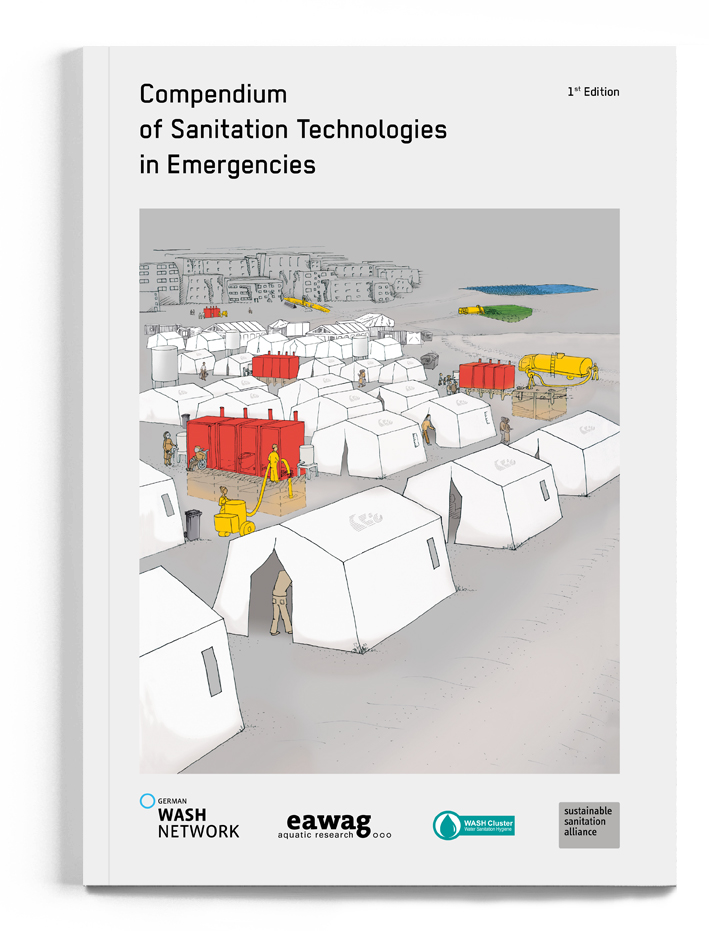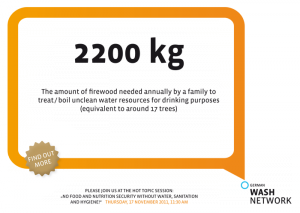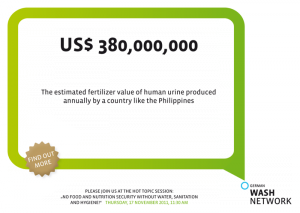No Food and Nutrition Security without Water, Sanitation and Hygiene

At the Bonn2011 Nexus conference the WASH Network places the importance of WASH for global food– and energy security in the spotlight.
Together with its partners RUAF (Research Centre on Urban Agriculture and Food Security, the Netherlands) and UNSGAB (The United Nations Secretary General Advisory Board) the WASH network hosts one of the 14 hot-topics sessions within the conference.
Hot-topics are defined as fields of action that have a definite impact on all three of the Nexus key areas of water, energy and food security.
Supplying domestic homes with water, sanitation and hygiene has multifaceted and important effects on the three above-mentioned securities. This fact is often underestimated. WASH is a field of action that tackles the problem where water, energy and food are the most scarce – In households, with the poorest of the poor.
The potential of WASH is manifold, especially when the supply situation of water, energy and food is being kept in mind from the beginning on, meaning during the planning and implementation of projects.
Innovative approaches can integrally interlock the three Nexus key areas by closing material cycles and thus open up huge saving potentials for many scarce resources.
“More crop per acre”
The safe recycling of the nutrients in sewage and human excreta can reduce the pressure on the limited phosphorus reserves that are currently turned into fertiliser by expending large amounts of energy. To those who are most affected by food shortages, the people who have to scratch out a subsistence livelihood in poor rural areas, the safe use of excreta as fertiliser or soil conditioner together with the recycling of water for irrigation can generate a crucial gain of efficiency to produce the food needed.
Healthy are better at utilising nutrition
Perhaps the most decisive effect, however, is often overseen when we worry about the food security of people. It lies in the ability to absorb and metabolise the available food efficiently. Pathogens in contaminated water, inadequate sanitation and unhygienic habits are the cause of diarrhoeal diseases, worm infestation and other diseases that markedly inhibit the ability to digest food efficiently. In this way, many people lose 30-40% of the absorbed energy value of their food. Target groups without WASH supply are often identical with those suffering from food shortages.
In addition, the potential for a secure global energy supply is enormous. Alongside the mentioned huge potential saving on the production of fertilisers, the spread of sustainable sanitation systems would save energy, which is so far being used to treat contaminated sewage and to recycle contaminated water resources. Productive wastewater treatment systems can furthermore produce energy. Biogas plants ferment wastewater and organic waste to generate biogas whilst simultaneously serving as a first step in purifying the sewage.
Download // Session Background-Paper
Download // Summary – Bonn Nexus HTS (WASH & Food Security)
>>Find the German WASH-Network on Facebook and become a fan!
Session Convener
German WASH-Network
RUAF Foundation (Research Center on Urban Agriculture and Food Security)
UNSGAB (United Nations General Secretary Advisory Board on Water and Sanitation)
Chair of Session
Dr. Uschi Eid, Vice Chair of the United Nations General Secretary Advisory Board on Water and Sanitation
Speakers
Johannes Heeb, Operational Manager, International Centre for Water Management Services (CEWAS)
Javier Mateo-Sagasta Dávila, Land and Water Division, United Nations Food and Agriculture Organization (FAO)
Arno Rosemarin PhD, Senior Research Fellow, Stockholm Environment Institute
Mariëlle Dubbeling, Senior Advisor, ETC Agriculture RUAF Foundation (International Network of Resource Centers on Urban Agriculture and Food Security)
Professor Chris Buckley, Head of the Pollution Research Group at the University of KwaZulu-Natal, Durban
Dr. Andrea Rechenburg, University of Bonn, IHPH – Institute for Hygiene and Public Health, WHO Collaborating Centre for Health Promoting Water Management and Risk Communication
Roland Hansen, Head of Asia and Haiti Department, Malteser International
Thilo Panzerbieter, Executive Director, German Toilet Organization
Sascha Gabizon, Executive Director, Women Engage for a Common Future
Stefan Reuter, Project Co-Ordinator SADC, Bremen Overseas Research and Development Association
In collaboration with
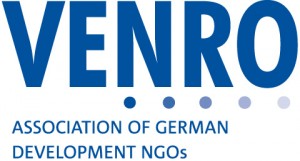

Sponsored by
![]()


